It’s planting season, but before you head to your local garden centre for fancy (and expensive) solutions to your gardening problems, consider that you might have some of what you need already in your pantry. One of those things is vinegar.
We tend to rave about the endless uses of vinegar in your home, but did you know it can also help keep animals out of your garden? Here are ten ways vinegar can help you grow a healthy and vibrant garden.
Get rid of weeds
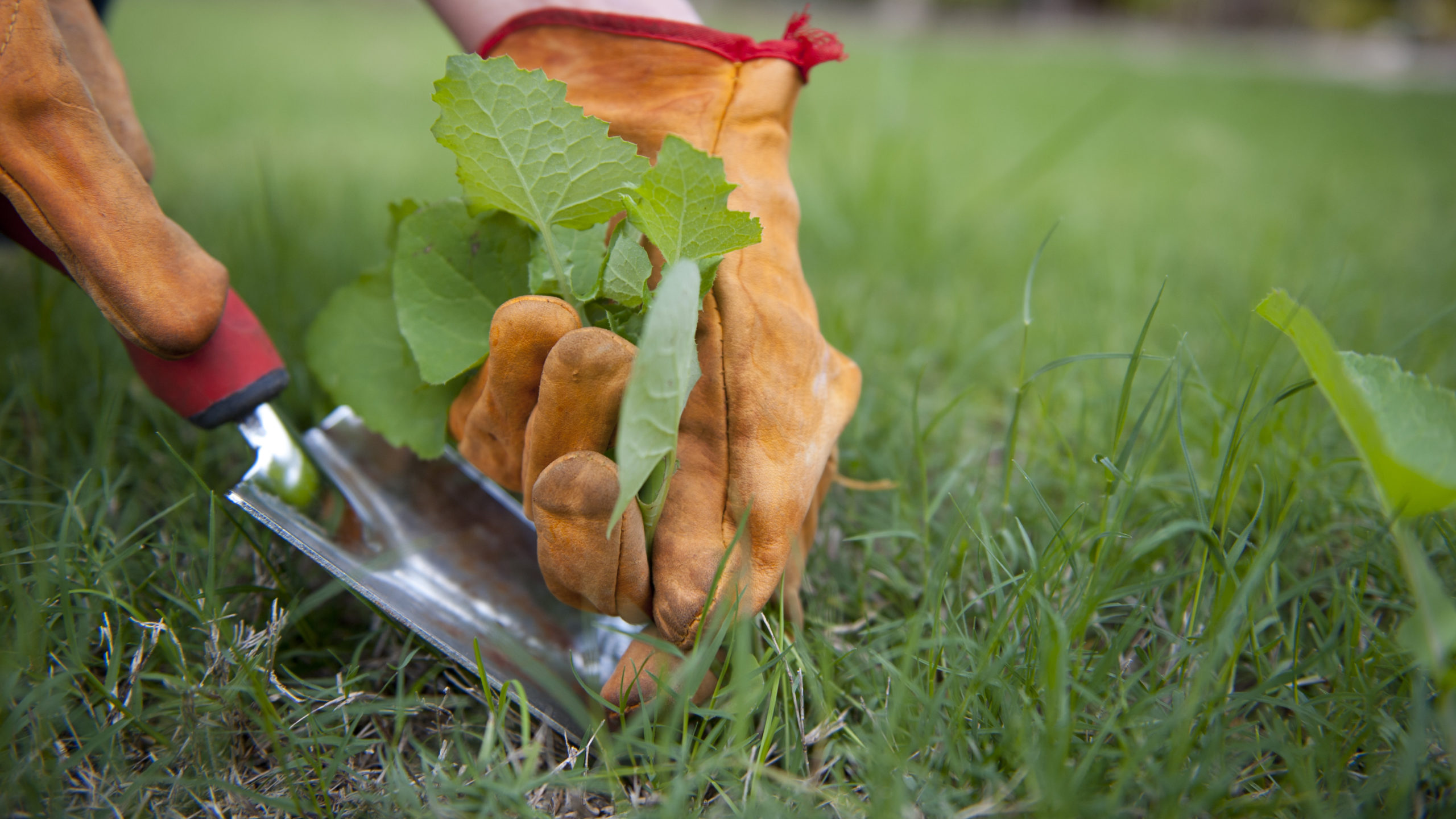
White vinegar is five per cent acetic acid, which can penetrate the membranes of plants, killing them from the leaves down. You’ll want to put the vinegar in a spray bottle — no need to dilute it — and pray the weed’s leaves just enough to coat it but not drip down the plant. Cross contamination can harm other plants, so make sure not to spray on a windy or rainy day, and don’t spray a ton.
Keep animals away
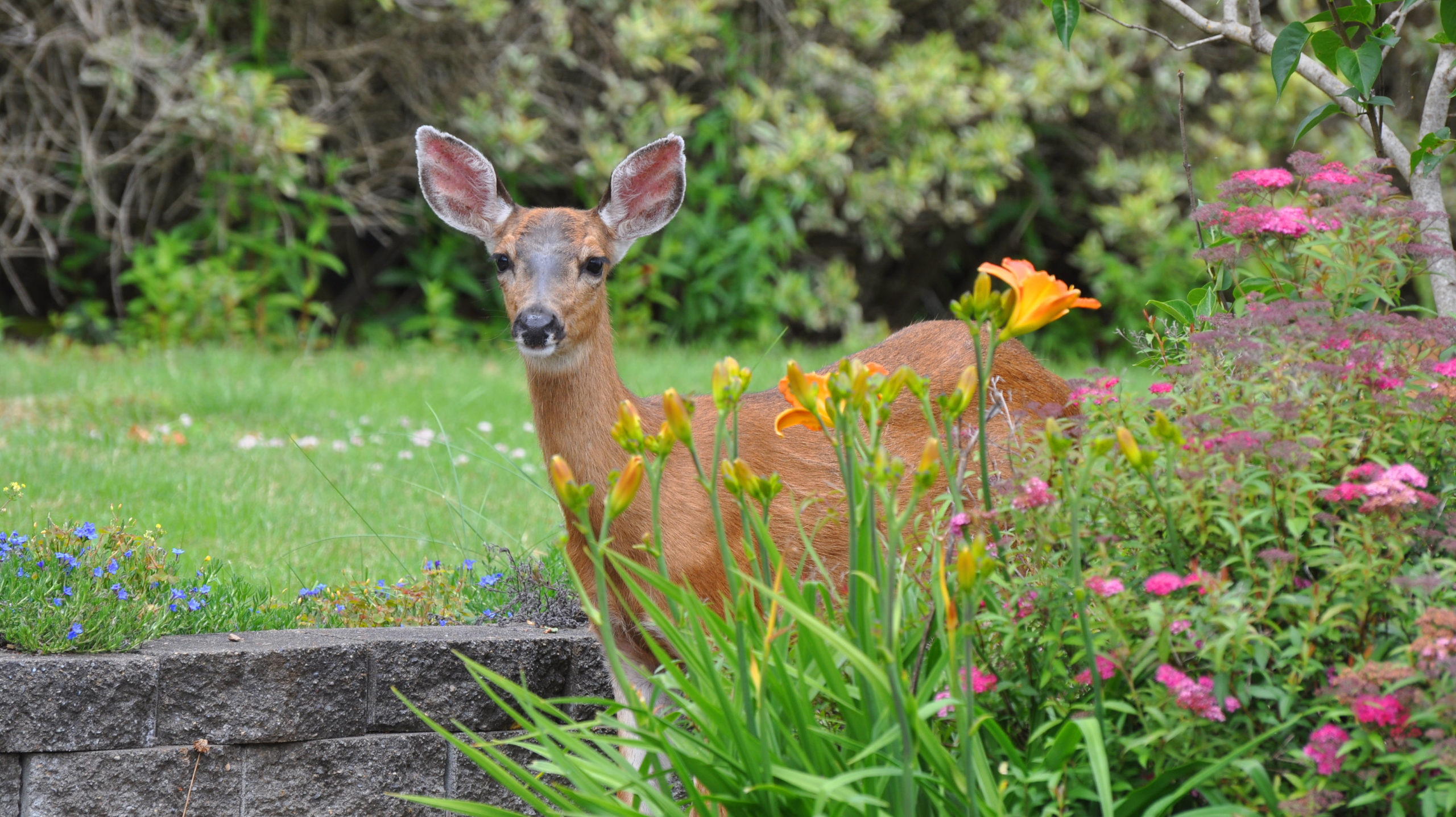
Animals tend to hate the smell of vinegar, so use it to keep them out of your garden. Take several old rags, soak them in vinegar, and place them along the perimeter of your garden. The smell will act as an invisible fence keeping rabbits, deer, and raccoons away, and even wards off snakes. You’ll need to re-soak the rags time and again when it rains or after the smell wears off, so set a reminder or make it part of your regular garden upkeep.
Get rid of insects
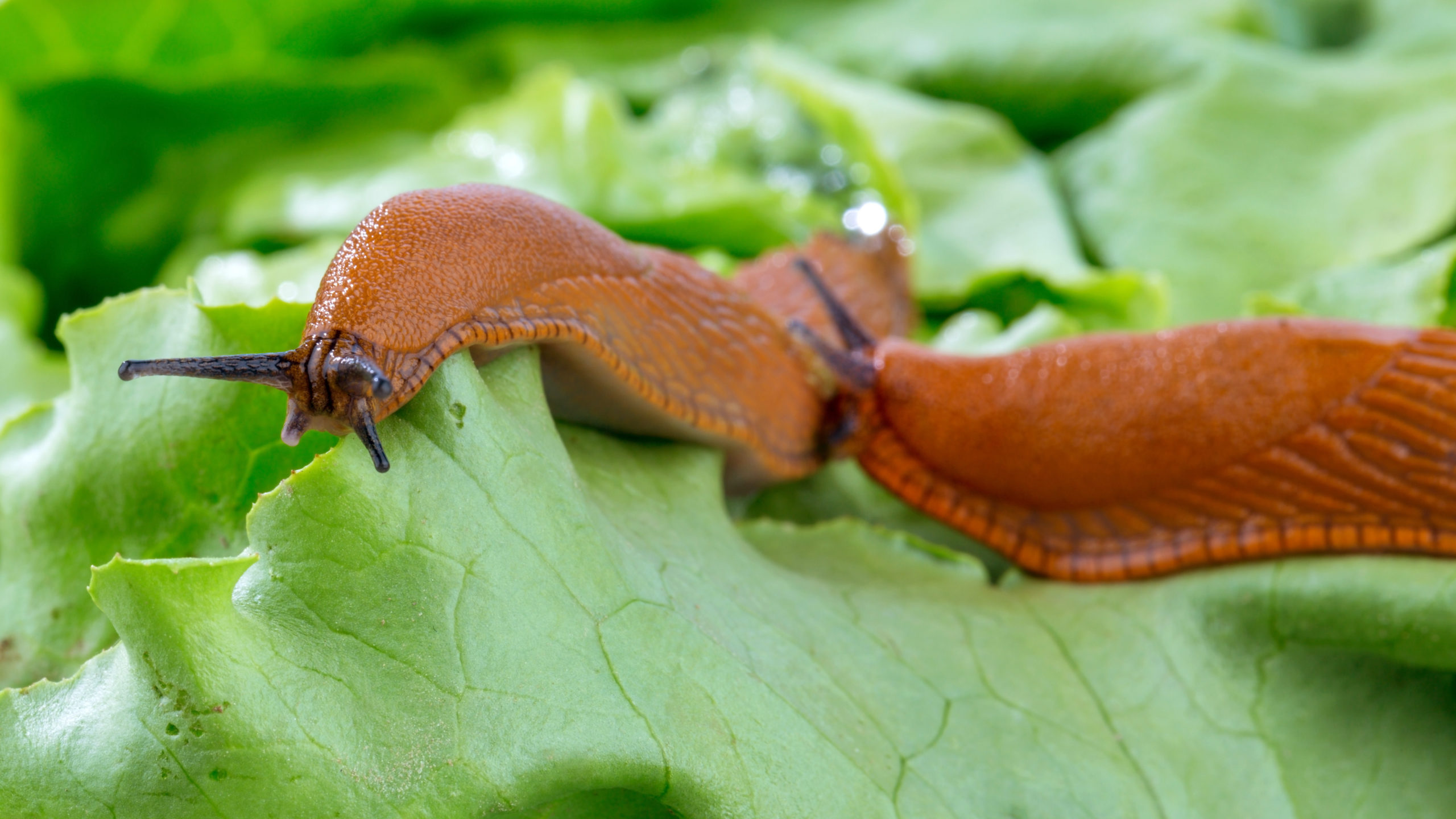
Slugs and snails can slowly devour your plants, but when sprayed with vinegar, snails and slugs’ bodies will dissolve. It’s gross, I know, like when we were kids and someone would pour salt on a slug, but it works, and I’m just the messenger of that information. If you’re not keen on watching slugs and snails melt, though, you can keep them and other insects at bay with rags soaked in vinegar. While we’re at it, here are some other ways to deter insects rather than harming them.
Promote germination
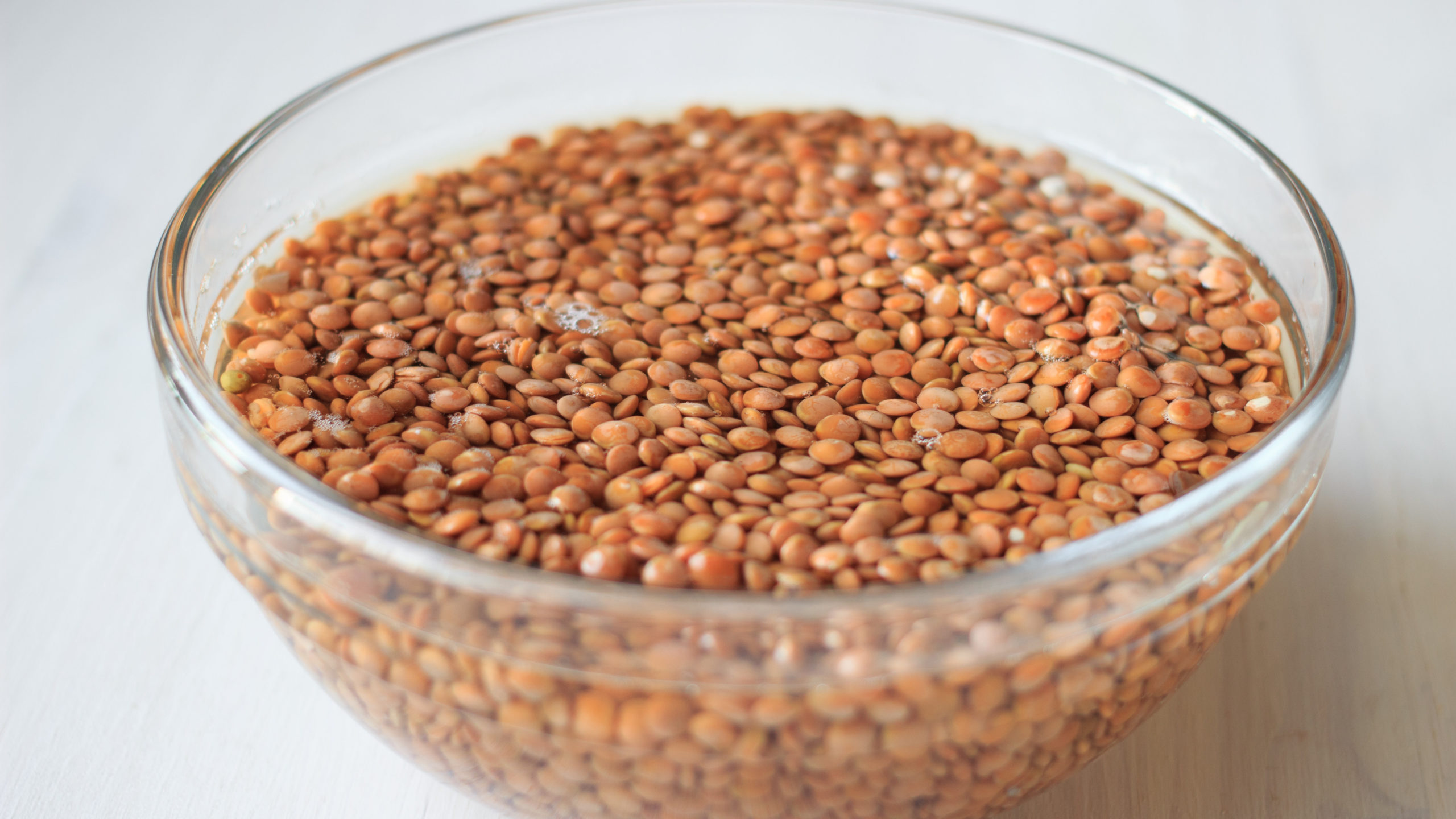
Soaking seeds before planting them can help begin their germination, and vinegar can help. To soak, put the seeds in a small bowl or container and add just enough water to cover without completely submerging them. You can also use a Ziploc bag with enough water to keep the seeds damp. Before covering the bowl of seeds or sealing your Ziploc bag, add one to three tablespoons of vinegar. Let the seeds soak for eight to 12 hours, but no longer than 24. The acidity in the vinegar simulates what happens in an animal’s stomach, which one way seeds germinate in the wild. The hard shells around the seeds will soften and encourage the seedling to sprout.
Clean your gardening tools
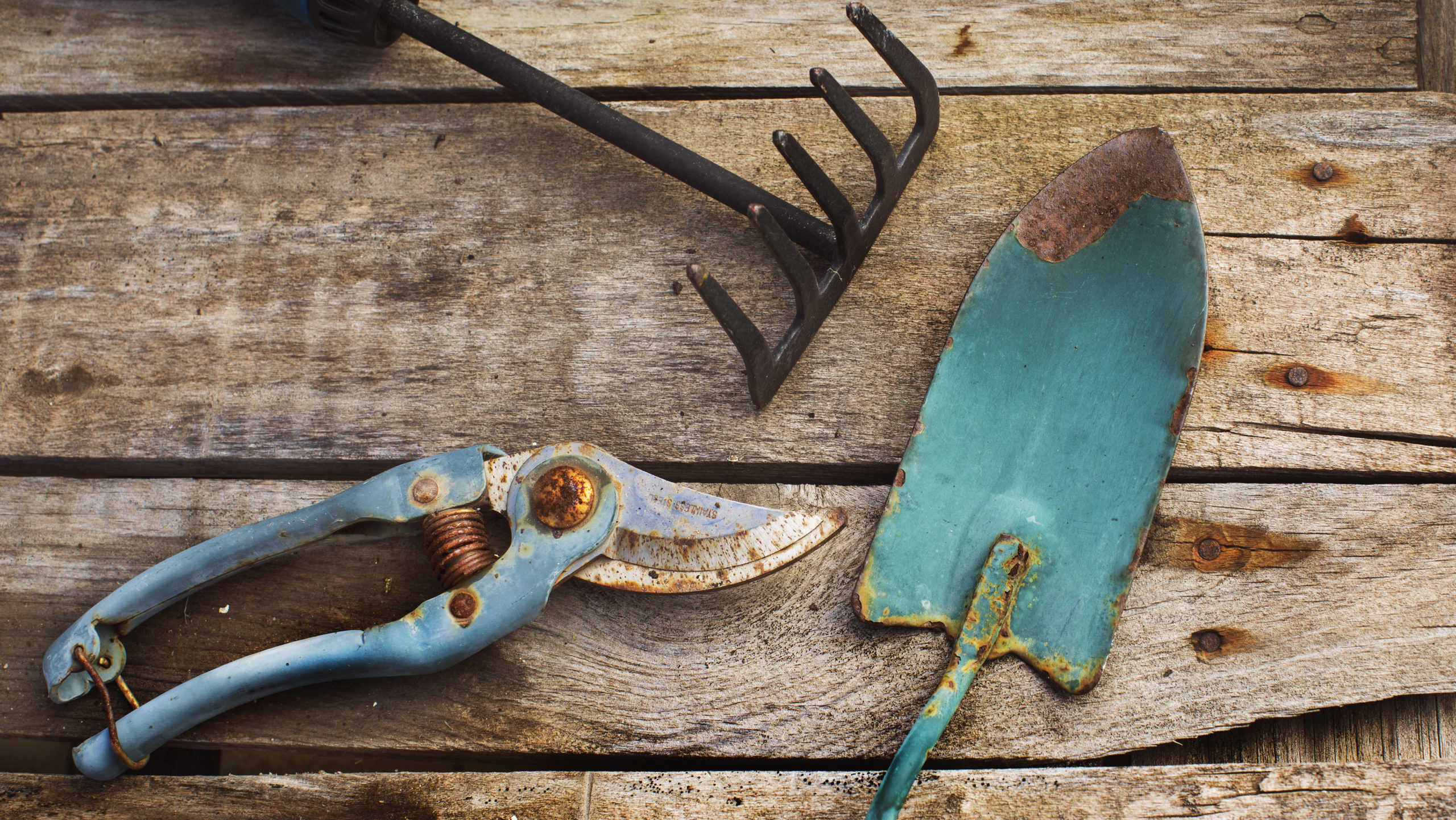
You can keep your garden tools clean and functional with just vinegar and water. Pretty straightforward for newer tools — just spray and wipe — but for tools with a bit of rust, soak them overnight in a half water half vinegar solution. In the morning, rub away the rust with steel wool and wash with soapy water. The rust will be gone, and your tools will look a lot closer to new.
Feed your flowers
We reported that mouthwash helps cut flowers last longer, but vinegar can act as flower food in your garden. For every gallon of water in your watering can, add one cup of vinegar and water your flowers as usual. This natural fertiliser works great for acidic flowers like hydrangeas, rhododendron, gardenias, hollies, and azaleas.
Test your soil’s pH balance
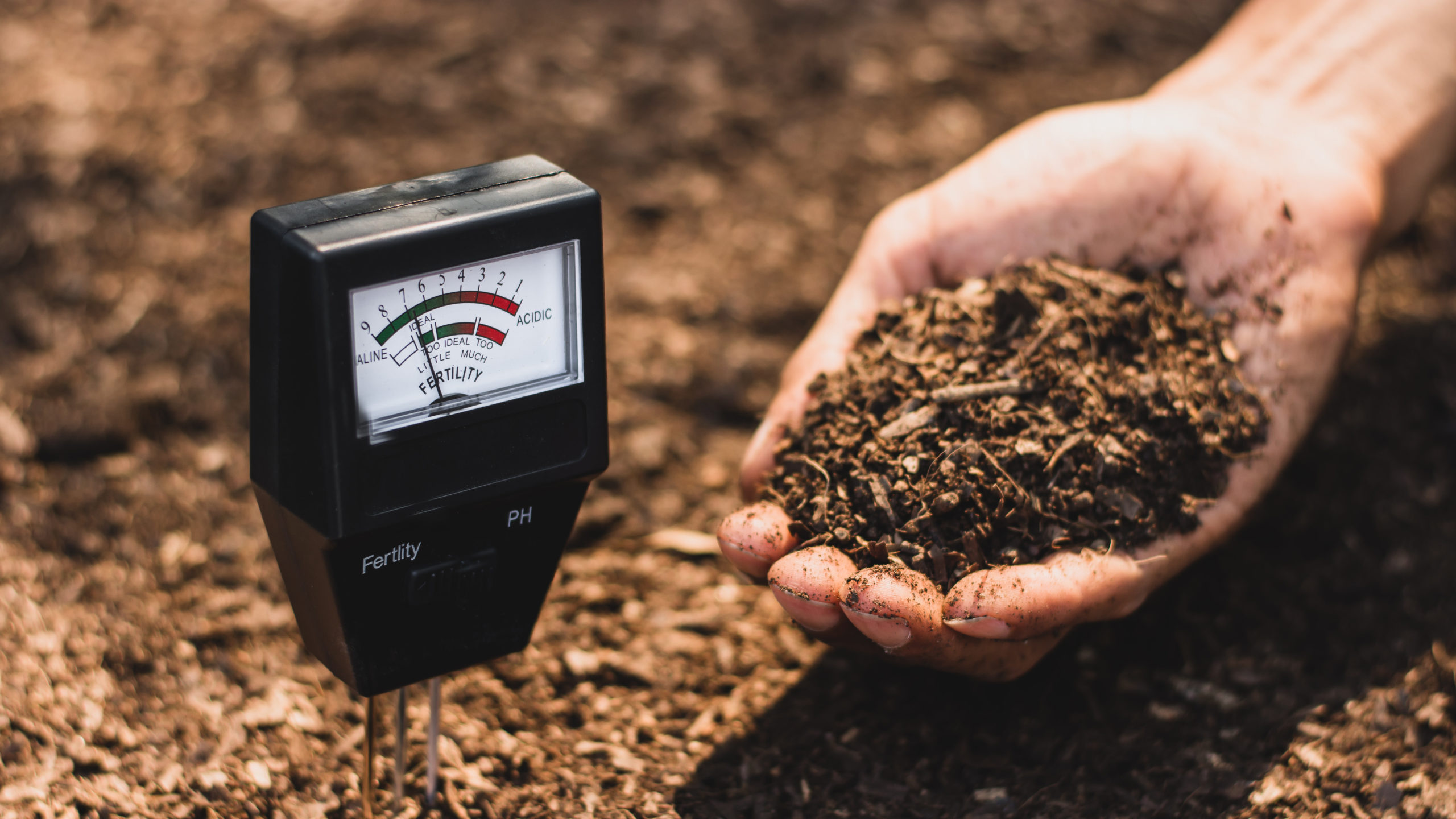
Vinegar can help you test the alkaline level of your soil. Start by collecting a sample from your garden and place it in a medium-sized container. Be sure to grab soil from different parts of the garden, though, as they tend to vary. Then add half a cup of water and half a cup of vinegar to the soil. The more fizz you get, the higher the pH balance in your soil, which can help you choose the types of plants that can thrive there. You can do the same test with baking soda and water to test the acidity of your soil. Neither are very precise, of course, but they’re cheaper and faster than a test kit or sending your soil off to a lab.
Get rid of mildew, mould, and other fungi
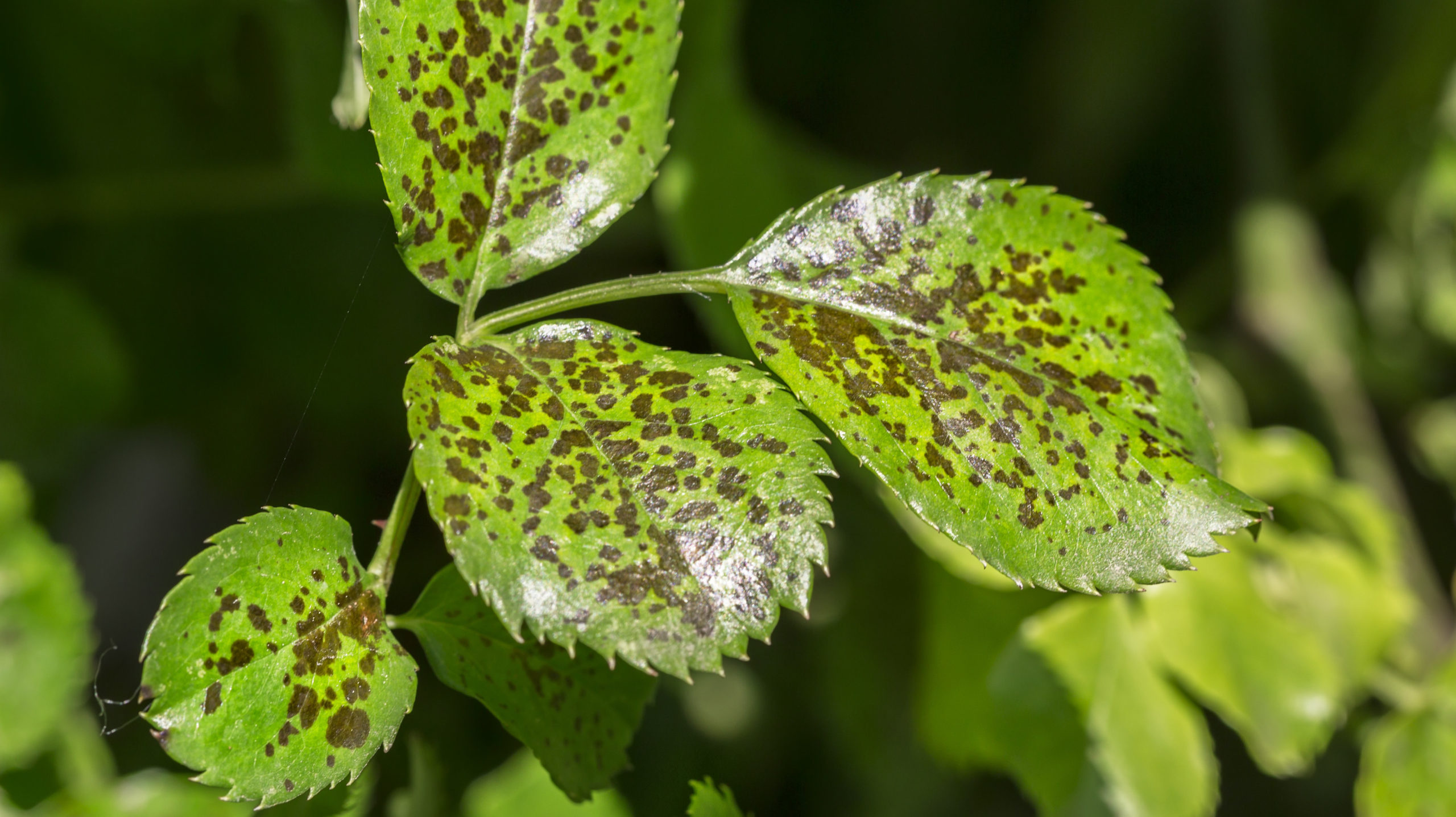
Vinegar can serve as an antifungal to help save your plants from mildew, mould, and other fungi. Just mix three tablespoons of apple cider vinegar with a gallon of water, and shake it up. Add the solution to a spray bottle to spritz the affected areas. This method also removes black fungi from rose plants. For a lighter smelling option, Chamomile tea can also fight against fuzzy mould and mildew on plants.
Remove calcium buildup on your garden bricks
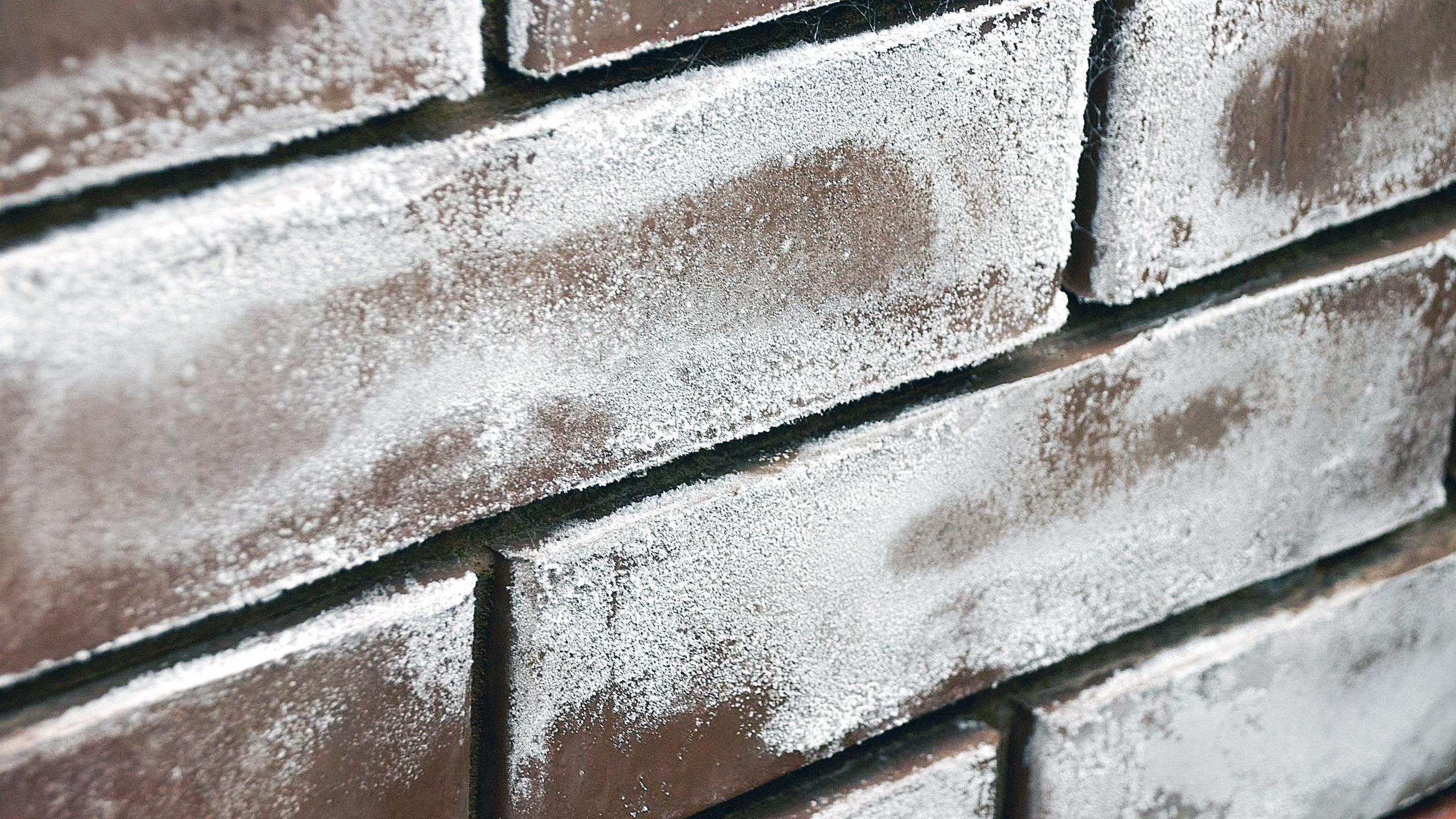
Brick is quite tricky to clean without scraping off a layer of the stone, but vinegar is an easy, natural way to help clean off calcium and lime deposits from garden bricks and dividers. Add one cup of distilled white vinegar to every gallon of water in a bucket, and dip a scrubbing brush to scrub the bricks. Once the area is clean, rinse away the calcium and lime.
Clean your birdbaths
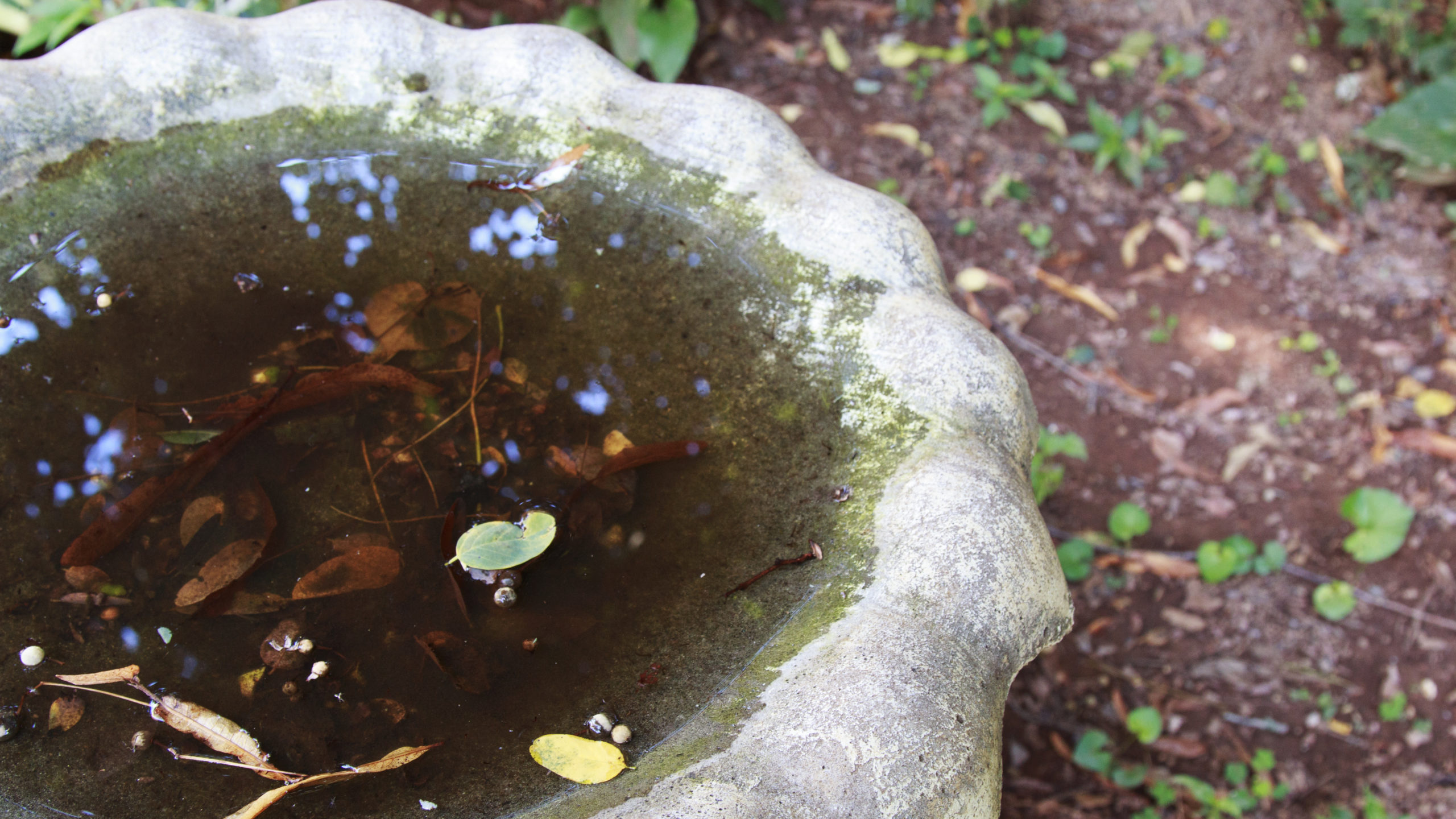
Vinegar is a perfect alternative to regular soap or detergent, which can strip birds’ feathers of essential oils. To make the natural cleaner, mix one-part distilled white vinegar to nine parts water to the birdbath basin. Scrub the bath inside and out with the solution, rinse, and let the bath dry completely. Then just refill and watch your bath attract more birds to your garden. And since birds are natural predators to insects like slugs, snails, and ants, making your birdbath an inviting place for them will give you nature’s security guards to help against bugs.
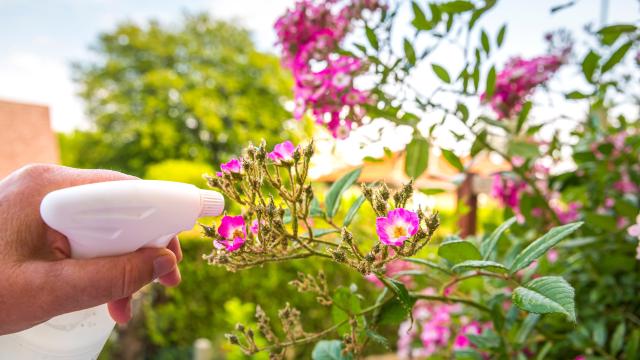
Leave a Reply
You must be logged in to post a comment.